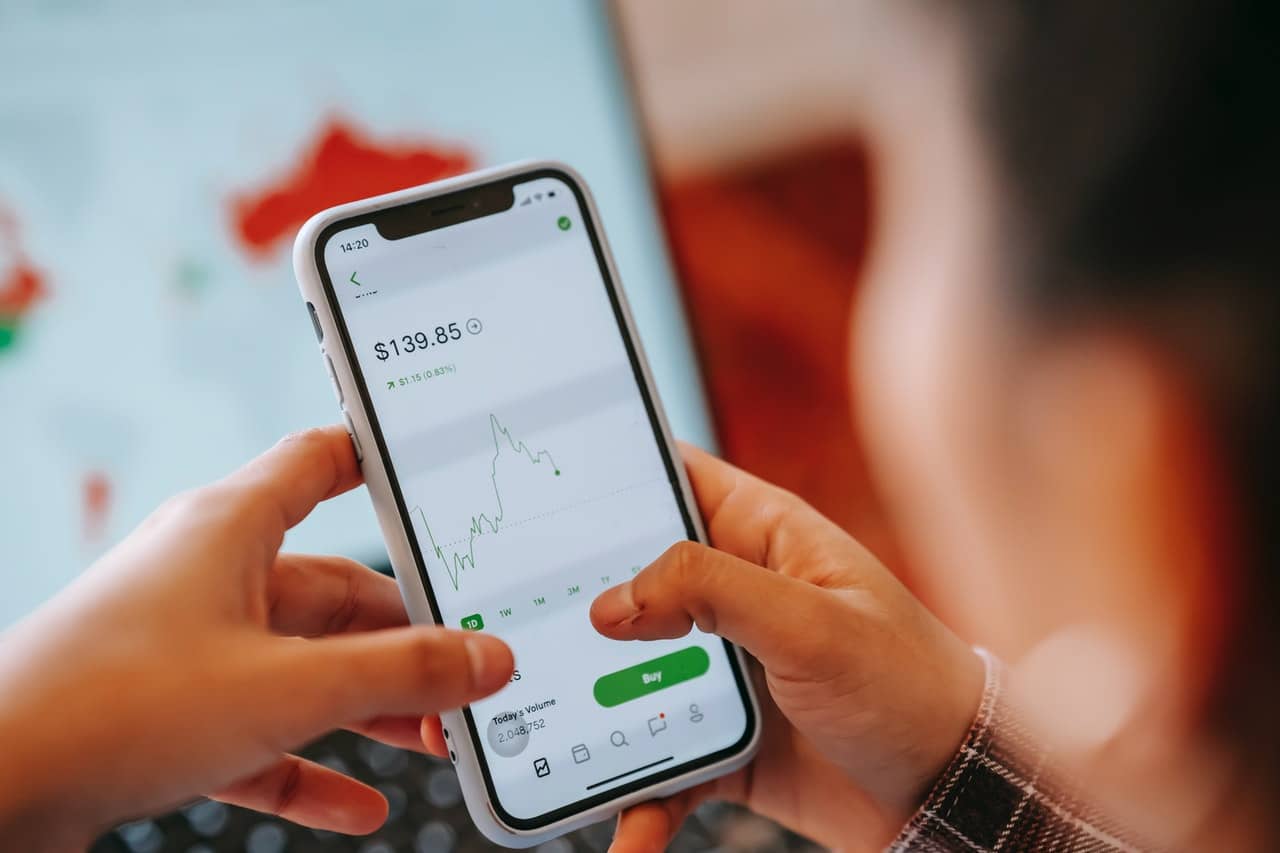The leading online brokerages in the United States introduced zero-commission trading for U.S. listed stocks and ETFs. The opportunity to trade without commissions attracts more and more investors to start trading more frequently. But is it worth it to day trade?
Here are the 3 most important things to consider before day trading stocks.
IMAGE: PEXELS
$25,000 Needed To Day Trade with A U.S. Broker
Every investor can start day trading by opening a brokerage account. The trader can make a maximum of 3 day trades within 5 business days. However, if the trader trades more frequently and makes more than 3-day trades within 5 business days, he is qualified as a so-called pattern day trader. For a pattern day trader, the SEC requires maintaining a minimum of $25,000 in the account to day trade, and the rule is called the pattern day trader rule. The trader then also has to have a margin account to proceed with his day trading activities.
The rule was introduced to protect investors from potential financial damages day trading can cause. Higher potential rewards always come with higher potential risks. Those who don’t have sufficient funds should not consider day trading as the investment type of choice.
Make Sure To Learn The Basics About Day Trading
Day trading unfolds many opportunities for generating higher income if done right. But day trading is a complex trading approach, and retail investors compete against big players in the industry. Some companies are specialized in high-frequency trading execution hundreds of trades within a second and still make a profit.
Propper education is required for retail traders before starting day trading activities. Free day trading sources like daytradingz.com are a good starting point and help investors understand the mechanism of day trading.
Day trading requires a tremendous time commitment. The regular trading hours of the leading stock exchanges NYSE and Nasdaq, are from 9:30 AM to 4:00 PM EST. Some day traders even use the pre-market and post-market hours to continue day trading. Therefore, investors have to ensure that the trading activities suit their day job schedule.
Use A Fast Trading Platform
Day trading success relies on fast trade executions. For example, when a trader wants to buy or sell shares and clicks on a buy or sell button within his brokerage platform, the order gets transmitted to a stock exchange if a direct access broker is used. This is the fastest way to execute orders since the investor can define the order route to ensure fast trade executions.
In addition, some brokers have their server locations close to stock exchanges like NYSE and Nasdaq to provide low latency for all client orders. One thing to notice is that buying and selling shares using a direct access broker requires the trader to pay commissions.
To save trading commissions, a retail broker can be used to trade. However, traders should keep in mind that zero-commission brokers sell the client order flow to third parties and receive compensation in return. While this saves commissions, it might increase the time required before a trade can be executed, and a worse order fill or even an unfilled order can be the result.
If you are interested in even more business-related articles and information from us here at Bit Rebels, then we have a lot to choose from.


COMMENTS